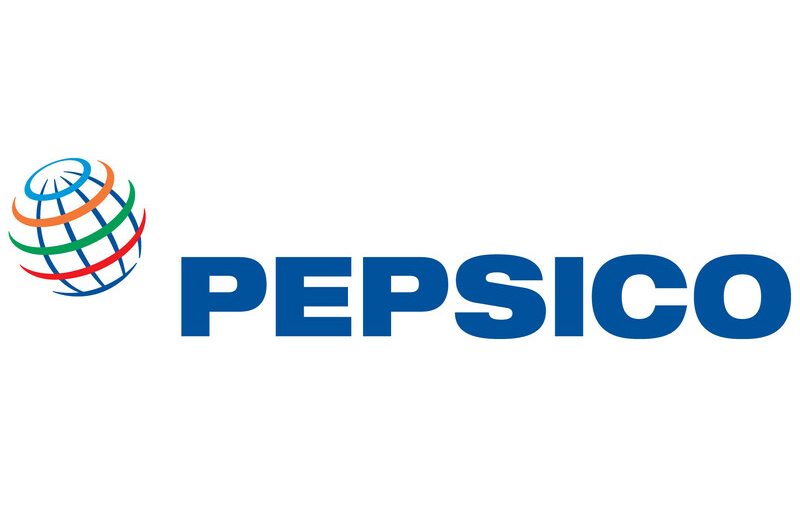The Federal Trade Commission (FTC) has sued PepsiCo Inc., contending the company has engaged in illegal price discrimination by providing one customer – a large, big-box retailer – with unfair advantages, while raising prices for competing retailers and customers.
The FTC’s complaint maintains that Pepsi is providing this customer with promotional payments and allowances without making these equally available to retailer’s competitors. The complaint contends that Pepsi also provides this client with various advertising and promotional tools, known as services and facilities, without making them available to its competitors on a similar basis.
Pepsi’s illegal conduct violates the Robinson-Patman Act (RPA), according to the FTC’s complaint. Under the RPA, specifically sections 2(d) and 2(e), sellers are prohibited from engaging in price discrimination by using advertising and promotional allowances – which are financial incentives given to retailers by manufacturers to promote a product or brand – to favor large customers over small businesses.
This case marks the FTC’s latest RPA enforcement action since the commission sued the largest U.S. distributor of wine and spirits – Southern Glazer’s – in December.
[RELATED: NGA Commends FTC’s Enforcement Of Robinson-Patman Act]
“When firms like Pepsi give massive retailers a leg up, it tilts the playing field against small firms and ultimately inflates prices for American consumers,” said FTC Chair Lina M. Khan. “The FTC’s action will help ensure all grocers and other businesses – no matter the size – can get a fair shake and compete on the merits of their skill, efficiency and talent.”
A substantial portion of the violations leveled by the FTC are redacted in the complaint due to the legal protections given to Pepsi and the large, big-box retailer. The FTC staff will seek to lift the redactions in order to show the ways in which Pepsi violated the RPA on behalf of its preferred customer and how those violations raised prices for Pepsi products for competing retailers.
The FTC concluded that until Pepsi’s conduct is remedied, the company’s anticompetitive actions will continue to create an uneven playing field by denying competing retailers, which include family-owned neighborhood grocery stores, the chance to fairly compete against Pepsi’s favored customer.
The National Grocers Association commended the FTC’s commitment to fulfilling its responsibility to protect competition and ensure all consumers can get fair prices and more choices.
“The FTC’s lawsuit focuses on the core of the problem – one dominant retailer abusing its market power to coerce suppliers into making unreasonable and costly concessions,” said Chris Jones, NGA’s chief government relations officer and counsel.
“Suppliers pay dearly for the privilege of doing business with these massive corporations, and the cost gets passed on to everyone else.”
NGA has long advocated for RPA enforcement, asserting it will help lower the cost of food for Americans by extending discounts and special promotions to more retailers, bolstering competition between national chains and independent grocery stores.
The continued enforcement of this antitrust law is an important step toward ensuring that all retailers and wholesalers have equal access to similar pricing, discounts and promotions, thereby enhancing competition and expanding opportunities for consumers to enjoy lower prices, no matter where they shop.
NGA is optimistic that the FTC, under the incoming Trump-Vance administration, will continue its important work to ensure a fair market for independent grocers and American families, many of whom continue to struggle with rising food costs.

